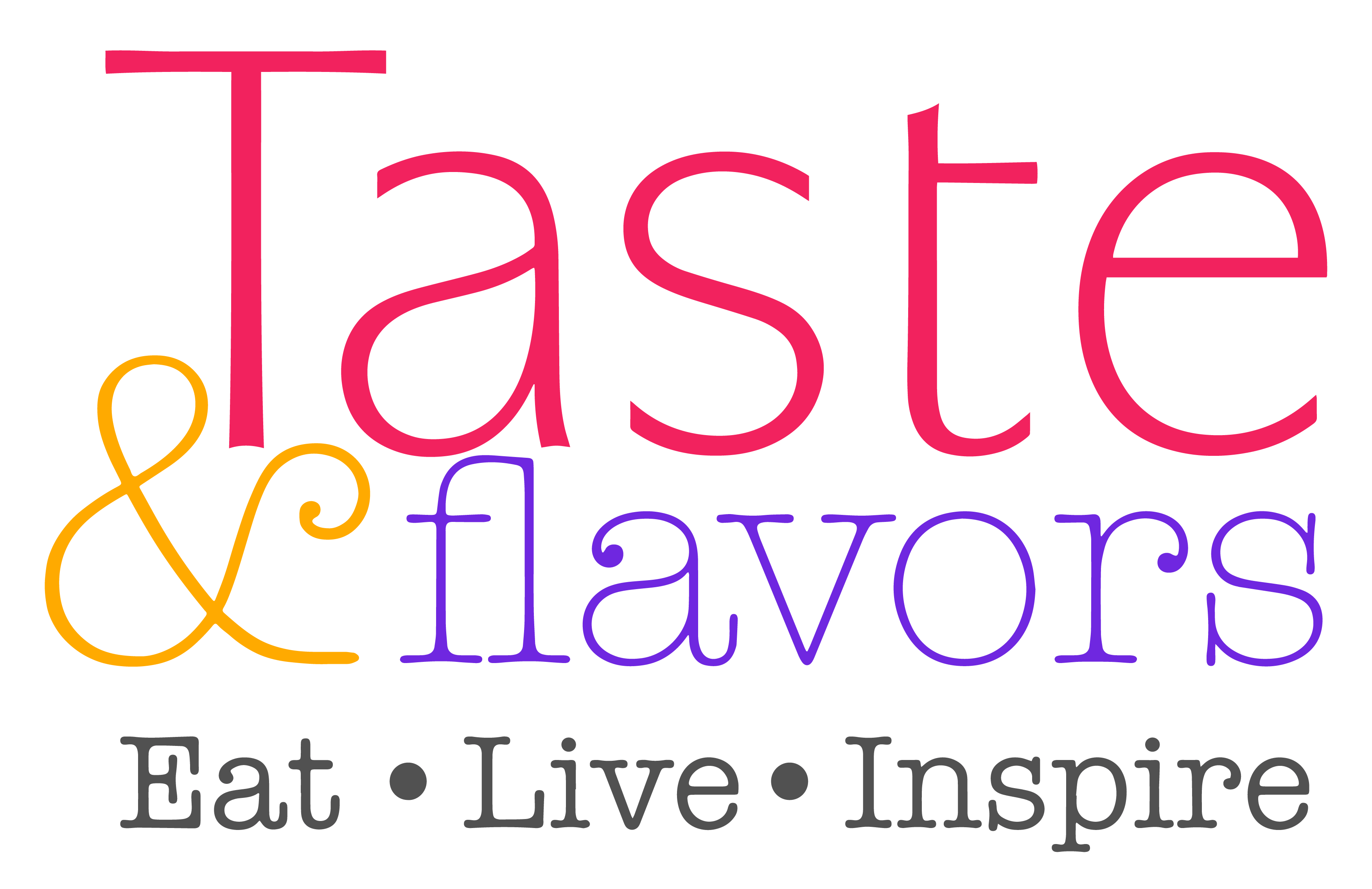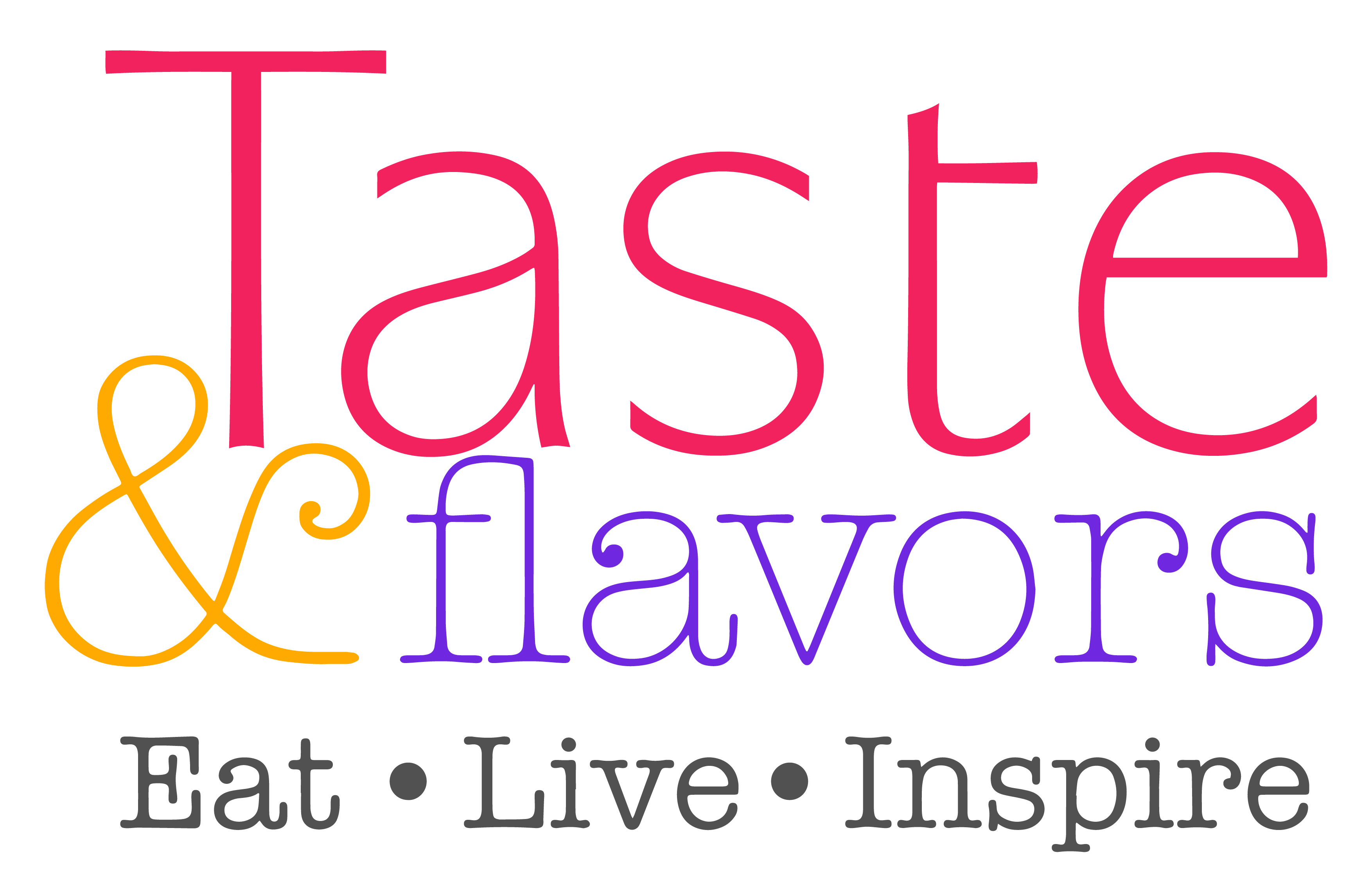THE HEALING POWER OF FOOD

Food as Medicine is a principle based on the fact that food and nutrition aid in preventing, managing, or treating certain diseases. While your health depends on many factors such as genetics, physical activity, and other lifestyle and environmental factors, good nutrition remains your solid bridge toward good health. Indeed, it is a proven fact that some chronic illnesses can be prevented through proper nutrition, some conditions can be managed by following therapeutic diets, and some foods have medicinal properties while others negatively impact your health.
Food That Makes You Sick!
Certain foods can put you at risk of developing serious diseases based on their degree of transformation, frequency, and amount of consumption. The following pose serious health risks that you can’t overlook:
1. Ultra-Processed Food
It is hard to find food with zero intervention. However, foods that have undergone chemical alterations (artificial flavors and other additives) are the questionable ones. Ultra-processed foods include all industrialized food preparations like soft drinks, packaged snacks, sugared breakfast cereals, packaged frozen foods, and even flavored yogurts. Growing evidence suggests that consuming highly processed food links to a higher risk of heart diseases, diabetes, and bowel cancer. Whenever possible, opt for fresh food or the least processed alternatives.
2. Processed Meat
Nitrite components in processed meats (cold cuts like ham, bacon, salami, hot dogs, and sausages) increase the risk of colon cancer. Restrict this type of food in your diet and only consume it occasionally.
3. Red Meat
High red meat intake links to a higher risk of cardiovascular diseases, type 2 diabetes, and certain types of cancer (especially colon cancer). You do not need to avoid red meat completely, as it still provides other nutrients. However, to reduce your risk, limit it to two times per week. Diversify your proteins and try to replace red meat with plant-based grains, fish, and seafood more frequently.
Food as Medicine: Food That Heals You!
A rainbow of plant-based foods, spices, and herbs can positively influence your health. They carry powerful compounds that you can only find in plants. The following are a few examples of superfoods backed by scientific evidence:
2. Citrus Fruits
Citrus fruits are a source of vitamin C, flavonoids (an antioxidant), and fibers. This blend of nutrients boosts immunity, improves gastrointestinal function, and reduces inflammation in the body. Inflammation increases the risk of many diseases (heart diseases, diabetes, some types of cancer). The general recommendation is to include two portions of fruits per day. Among these, make sure to choose citrus fruits: oranges, lemons, limes, grapefruits, clementines, tangerines, pomelos, and kumquat.
3. Cruciferous Vegetables
This group of vegetables includes broccoli, Brussels sprouts, cabbage, cauliflower, collard greens, kale, mustard greens, radishes, and turnips. They contain bioactive compounds only found in plants, called phytochemicals, which protect from certain types of cancer (prostate, breast, colon, and oral cancers).
4. Flaxseed
Ground flaxseeds help manage hyperlipidemia by lowering cholesterol and triglycerides. You can sprinkle them over oatmeal, salads, and yogurts. They can also replace eggs in baking!
5. Turmeric
This golden spice owes its potent health benefits to its active ingredient, curcumin. It has anti-allergen and anti-inflammatory properties. This makes it a key ingredient in preventing and treating several diseases like cardiovascular diseases, allergies, diabetes, asthma, and neurodegenerative diseases. You can season hot meals like soups and stews, or add it to warm milk. Watch out for turmeric supplements, as high doses might negatively impact health, mainly the digestive system and some types of cancer.
6. Ginger
Ginger alleviates flu symptoms, nausea, and vomiting from motion sickness, pregnancy, and chemotherapy. It can also act as a painkiller in people with osteoarthritis. In the form of supplements, do not exceed a dose of 4g of ginger per day (considering food sources). For pregnant women, the maximum dose is 1g per day for a short duration after consulting with a doctor. Generally, over-the-counter use of encapsulated natural herbs or spices to treat or prevent disease without professional advice may not be safe. They may negatively impact other underlying health conditions and interact with other supplements and medications.
7. Yogurt
Yogurt is the most consumed fermented food worldwide. Besides being a source of calcium and high-quality proteins, its main medicinal properties are attributed to its live bacterial content. Consumption of yogurts supports a more diversified and healthier digestive microbiome. This links to better immunity, lower body inflammation, and even better weight management. Different varieties of yogurts are available on fridge shelves; however, not all are nutritionally equal. When selecting, avoid flavored yogurts that are rich in sugars and plant-based yogurts as not all are fermented, lacking the beneficial microorganisms. Instead, go for conventional yogurts or Greek yogurts.
Therapeutic Diet Plans!
Instead of focusing on one single food, better protection against diseases can be achieved by following some diet plans with significant therapeutic effects. The following dietary changes have the potential to prevent, delay, or manage the severity of some conditions and reduce the need for medication:
1. DASH Diet
Dietary Approaches to Stop Hypertension, a natural way to lower your high blood pressure in just two weeks. This can be achieved by making simple changes to your diet. Limit your sodium intake, increase your intake of fruits and vegetables, replace refined grains and sugars with whole grains, and limit fat intake.
2. Mediterranean Diet
This diet has ranked the best for many years in a row. It is considered the best overall diet and the best for diabetes, heart health, bone and joint health, healthy eating, and being the easiest to follow. This plan focuses more on plant-based food (fruits, vegetables, and whole grains) and limits red meat consumption while favoring fish and seafood. It includes low-fat dairies, chicken, and poultry in moderation. It restricts processed food and prioritizes healthy fats like olive oil, nuts, and seeds.
3. MIND Diet
The MIND diet is recently being explored as a remedy to limit cognitive decline. More research is needed in this area, but studies to date show promising results. The risk of Alzheimer’s disease can be reduced by as much as 53% for complete adherence to this eating pattern. Moderate adherence can reduce the risk by 35%. The diet consists of a combination of the Mediterranean and DASH diets. It specifies certain foods that you need to consume at a certain frequency, such as one portion of green leafy vegetables per day, 2-5 portions of fresh berries per week, 1 or 2 portions per week of fatty fish (such as salmon, mackerel, herring, or sardines), and 2 tablespoons of extra virgin olive oil per day.
The role of nutrition in determining your health status is significant. For optimal results and safety, the concept of “food as medicine” should remain a personalized approach. On one side, you may benefit by adding certain foods to your diet and ditching others. It is always better to focus on natural wholesome foods rather than supplements. Greater benefits are achieved by making several changes to your overall eating pattern. On the other side, food alone is not a cure for all diseases. However, it definitely gives you the opportunity to be in some sort of control of your health and well-being.





